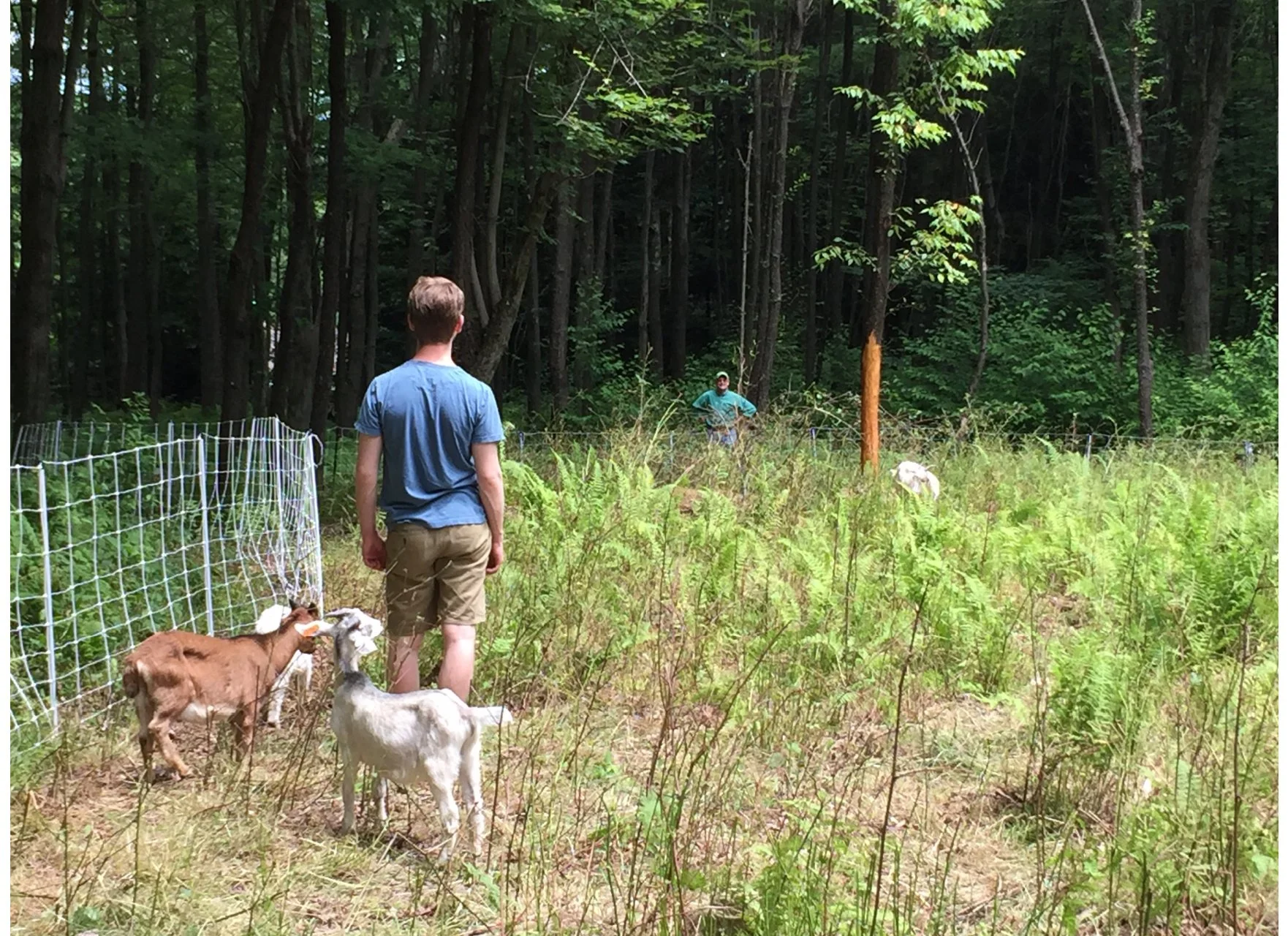The 5th Sunday after Pentecost 2025
Text: Luke 10:25-37
The Reverend Marjorie Bevans
We live in a world that is broken by The Fall, by what Adam and Eve brought into the world. God intended something different for us, for us all to be brothers and sisters. But The Fall magnified our differences. Rather than appreciating how we are different—in appearance and habit—we made these things barriers.
The Samaritan was not supposed to care about the stranger who was beaten and left for dead. He had no obligation to take care of the man in the ditch. He didn’t know him, wasn’t related to him, maybe the man was Jewish. Samaritans were not supposed to interact with Jews.
Yet, the Samaritan was moved by pity, basic human decency, something God has put into all of us. The Samaritan went to great lengths to help the stranger. He bandaged the man’s wounds, poured oil and wine on them, put him on his donkey, brought him to an inn, took care of him overnight. Then the next day he gave the innkeeper money and asked the innkeeper to continue to take care of the man. The Samaritan had to travel for business, but he would come back.
In remote parts of the Afghanistan people still live very much like they did in Jesus’ time. They live in the mountains, in huts without electricity, and they travel on foot or on donkeys. When the Americans were trying to find Osama Bin Laden, sometimes they interacted with the local Afghan people.
A Navy Seal had been mortally wounded, and he was the last survivor of his team. He was discovered by a boy out grazing his goats. The boy ran to the village to tell someone. The Seal was certain he would be killed by the villagers. But the villagers came and took him to a hut, where they treated his wounds, and fed him. When the Taliban came to the area looking for the man, the villagers hid him. They protected him.
Like the Samaritan, these villagers had no obligation to take care of the American. If they had been discovered protecting the American, the Taliban would have killed them all. Why would these villagers put themselves in so much danger to protect an American?
It seems their basic human decency overcame their fear. Though the Navy Seal had been shot multiple times, he survived to come home. The villagers had shown him mercy.
The Afghans and many of the tribes who live in that part of the world have a tradition of hospitality. If someone comes to their village in peace, and the villagers welcome that person to come into their home, they consider the person to be like family. They will take in that person and take care of them and protect them. It may seem strange to us as Westerners, but this is how people have lived and survived in these harsh, remote places for centuries.
I experienced something like this, but a lot less dramatic, when I served as a missionary to the Eskimos in Point Lay, Alaska. I had been invited to Point Lay by the elders to help them establish their church. The lady who was supposed to host me had left town for six months. I arrived in February, and it was unclear where I was supposed to stay. Ann Tukrook let me stay in the corner of her living room for several months. It was a one room house, and her grandson Henry was living with her. They slept on mattresses on the floor, but they insisted I take the only bed. I really appreciated it.
The lawyer who was testing Jesus was trying to get Jesus to say He was the one through whom to have eternal life. This would have gotten Jesus into more trouble with the Jewish leaders. So, Jesus went back to the basics of Judaism, to the summary of the 10 commandments, the Law of Moses. “You shall love the Lord your God will all your heart, and with all your soul, and with all your strength, and with all your mind; and your neighbor as yourself.”
Suppose you are living in a dangerous, isolated place with just a few people—some place like Antarctica. Perhaps you are all there together doing some kind of scientific work at a weather station. It’s dangerous to go outside alone. Perhaps you didn’t even know one another until you came there. Yet, these are the people with whom you share your life. These are the people God has given you to love because they are there.
So, our neighbor happens to be anyone in our proximity, whether it’s for a while or we are just passing on the way to someplace else. Wherever we travel the people we meet are our neighbors. God loves them and longs to have a relationship with each person, God longs for them to come to him—like the Father of the Prodigal Son. We might be the only way for someone to come to God. So, like God, we love the stranger, and we show them mercy.
When we are at our best, we Christians represent Christ, when we are at our worst we become an impediment to God. Yet, just trying to love God with all our heart, our soul, our strength, and our mind changes us. When we draw closer to God, we draw closer to those whom he loves. We discover that we can be patient, and helpful, and merciful, because God’s own love is in us. We might become the light to someone living in darkness. Like the Samaritan, we too can bind the wounds this broken world has inflicted on our neighbor. Amen.

